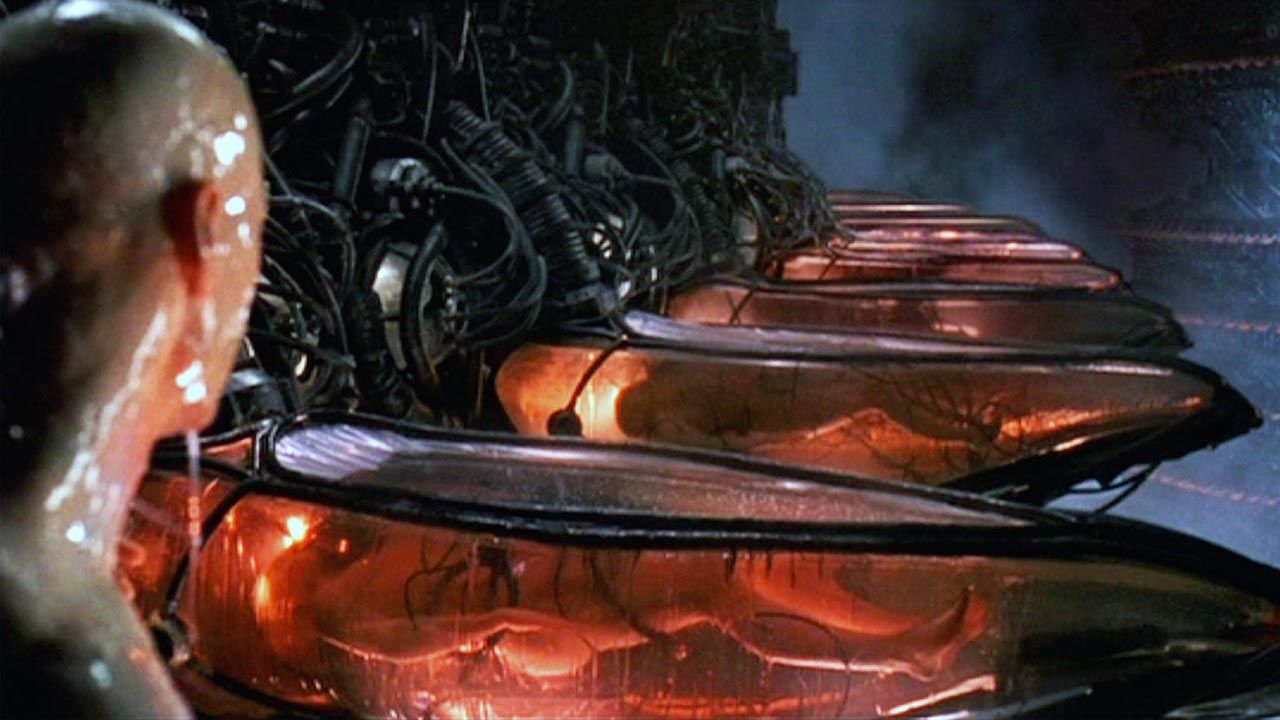Chris Moore laments on Dear Producer about The Disappearance of the Hit-Driven Business Model.
Chris has worked in the film and television industry for almost thirty years as a Creative Producer and has shepherded over two dozen projects, including Good Will Hunting, American Pie, Project Greenlight and Manchester by the Sea.
He begins with:
“The nature of the creative producer’s job doesn’t allow a lot of time to stop and ask questions about the changing industry around us. However, over the past few years, I’ve given myself some time to reflect. Between MANCHESTER BY THE SEA being released by Amazon, and the world shutting down due to a pandemic, it became clear that the job I have now isn’t the one I had when I started back in 1994.”
He continues:
“Many producers of my generation had a business plan for our careers. For me, it was directly dependent on the success of each individual film. Not long ago, profit in the film industry was based on a hit-driven business model. If a lot of people bought tickets to see a film in theaters, rented the DVD, or paid for a digital download, it sometimes made a profit, and was considered a hit. At the time, producing a box office hit led to an easier time getting your next project made and usually with a bigger budget.”
More on the good old days:
“The 1980s through the 2010s was a great time to be a creative producer. Put deals together, own the library of content, and make big money. I came into Hollywood when this was just exploding, and at the same time, foreign markets were opening up, home video was becoming much bigger with the release of DVDs, and cable allowed for many more channels for a piece of content to reach audiences. In comes windowing, in comes licensing, in comes new markets for content. Speculation became a new business model worth pursuing if a creative producer had the stomach for it; there were new buyers and talent looking for content, and all were free agents. It was awesome.“
Then he arrives at the crux of the issue:
“Unfortunately, the hit-driven business model I built a career around is not the reality of the industry we are living in today, and I can finally admit that we are not going back to the way it was. I realized I hadn’t acknowledged how much things had changed. Today, there is a very small speculative market compared to the 1990s and early 2000s, and large companies are no longer driven by the profit of each individual film. The current subscription-based business model removes the opportunity to create a hit. In this new model for storytelling, volume is more important than quality.“
He then list the shortcoming of the streaming model in detail, concluding with possible strategies:
“Become an executive. Choose a specific genre. Choose talent to work with. Work inside a production company or become a manager/producer. Work for a non-profit. Take on a larger company’s liability. Or accept that the old version of a creative producer is now a hobby.”
He firmly believes: “We have to be honest with the next generation that the system we are all in right now is not working nor does it offer the life you might have been promised in film school.”
His final rallying cry:
“All of this soul searching has led me to the simpler solution which is creative producers need to become part of something bigger than themselves and their projects. Rather than wait around and see if the industry is going to make room for us again, we must take matters into our own hands and find the thing that replaces the hit-driven model. If we want sustainability, we have to create a new business model that works within this new era of Hollywood.“
Watch Dear Producer on Vimeo.
My take: a lot of people blame new economic realities when their job disappears. Chris Moore, however, argues that streamers have distorted the free market because it is now impossible to use the box office to measure success (other than for blockbusters and who cares about them.) Perhaps we need a new Streaming Decree that splits production from distribution once again?

